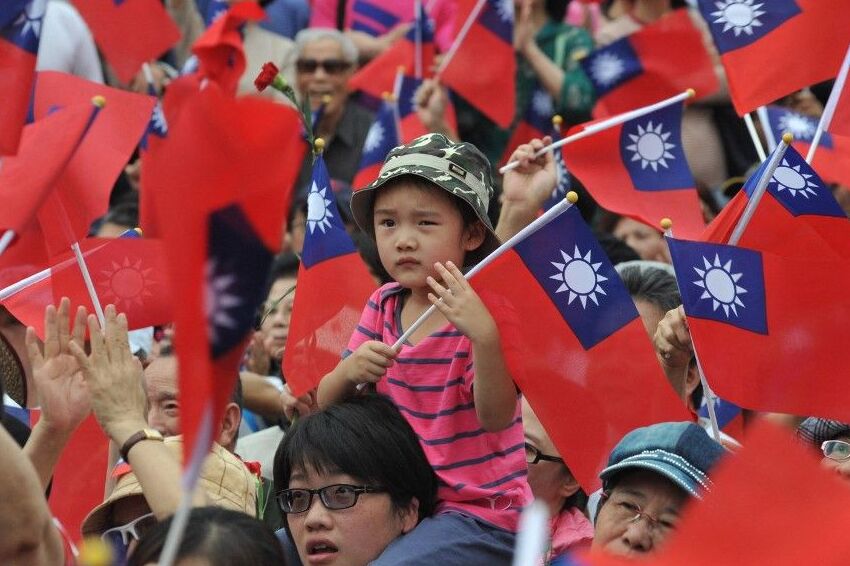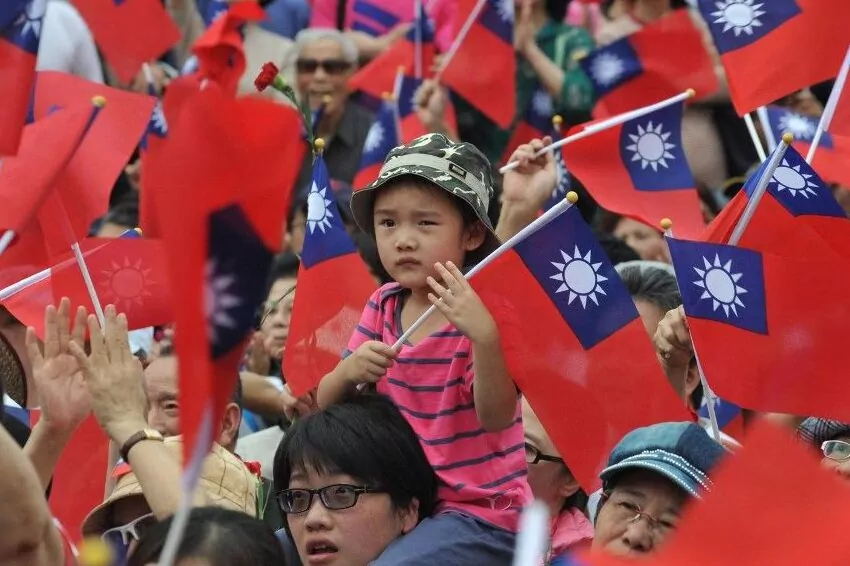

(c) I24NEWS
Saturday, November 26 marked the beginning of municipal elections in Taiwan, which President Tsai Ing-wen has framed as a statement to the world about the island’s will to maintain its democracy in the face of China’s growing bellicosity.
The elections for mayors, county heads, and local council men are nominally about internal matters like as the COVID-19 epidemic and criminality, and those elected will have little direct influence on China policy.
Tsai, however, has recast the election as more than a local vote, stating that the world is watching how Taiwan preserves its democracy in the midst of heightened concerns with China, which claims the island as its own.
“Taiwan is subject to intense foreign pressure. The development of Chinese authoritarianism poses a daily challenge to the Taiwanese people’s commitment to freedom and democracy,” Tsai addressed supporters on Friday, November 25.
China conducted war simulations near Taiwan in August in response to US House Speaker Nancy Pelosi’s visit to Taipei, and its military actions have persisted, albeit on a smaller scale.
The Kuomintang or KMT dominated the 2018 local elections in Taiwan and has accused Tsai and her Democratic Progressive Party (DPP) of being excessively hostile with China. The KMT has historically advocated for close connections with China, but denies being pro-Beijing.
“We support for proximity to the United States, amicable relations with Japan, and peace with the mainland. Let Taiwan have a prosperous, peaceful, and stable future,” KMT Chairman Eric Chu addressed his supporters on Friday night.
The election takes place one month after the 20th session of China’s Communist Party, at which President Xi Jinping gained an unprecedented third term in office – a point Tsai has regularly stressed during her campaign.
Although the outcome of Taiwan’s election will be a significant indicator of public support for both parties, it is not necessarily indicative of the next presidential and legislative elections in 2024.
Despite their loss in the 2018 municipal elections, Tsai and the DPP easily trounced the KMT in 2020. Her second term concludes in 2024, and she cannot run for president again due to term constraints.
Both parties have focused their efforts on Taiwan’s affluent and populous northern region, particularly the capital, Taipei, whose mayor cannot run for re-election after two terms.
Taiwanese elections are loud and colorful, with candidates visiting their districts on the backs of trucks and SUVs while music blasts and campaign flags flap.
There is also a referendum on decreasing the voting age from 20 to 18, which is supported by all parties.
The election results should be known by early Saturday evening.
If you happen to breathe K-drama, then your 'May 2025' will most likely be well-rendered into a month! Romantic sagas,…
Since yesterday, May 2, 2023, at the Mall of Asia Arena in Pasay, Ahtisa Manalo has demonstrated her brilliance by…
“you’re nothing but a trying hard copycat” Character- Lavinia Arguelles Film- Bituing Walang Ningning (1985) Context- Lavinia confronts her rival…
During the first months of 2025 WWE released several prominent wrestlers who were part of their talent roster. Professional wrestling…
Seventeen year old sprint prodigy Rin Kubo continues to make athletic history in Japan. At the Shizuoka International Athletics Meet,…
NextRise 2025-the biggest startup and tech event in Asia-is ready to take place in Seoul on June 26-27 at COEX,…
This website uses cookies.
Read More